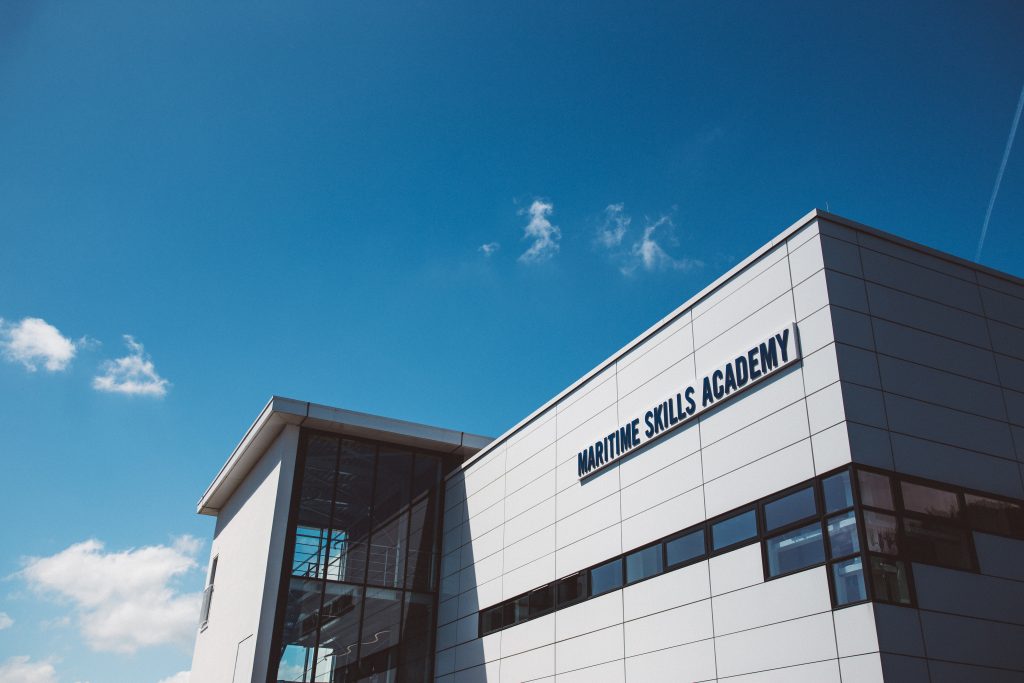Leadership training ensures that industry leaders’ skills and knowledge are up-to-date and of a high standard. With over 90% of trade goods being transported by sea, having strong leaders who can enhance crew efficiency is essential in the operation of modern global trade.
Despite the maritime industry’s extensive technological advancements, it remains dependent on the crew that operate its vessels. The importance of crew members means safeguarding and seafarer support remain indispensable.
It is the role of industry leaders to maintain safety on board the vessel they are responsible for. Leadership training ensures officers and other leaders can enforce safety regulations and maintain vessel company culture, even in emergencies.
In the event of an emergency, crew members will look to their leaders for guidance and instructions.
With leadership training, leading crew members will be well-equipped with the skills they need to keep their team calm and proactive in emergency situations. If crew members trust their superiors to handle high-pressure situations effectively, onboard morale will naturally increase.
Efficient leadership teams should encourage teamwork and regular activities among crew to promote strong onboard relationships. A seafarer’s job can be stressful from time to time; having to face extended periods away from home, confined spaces, and potential feelings of isolation. However, having access to leadership figures can increase motivation and alleviate the concerns of crew. Strong and reliable leadership has proven to sustain high morale on board and therefore is crucial for the overall outcome of a crew’s mental well-being.
Trained vessel leaders are taught how to organise and prioritise tasks, delegate responsibilities, and monitor performance effectively. Having organisational skills and being able to enforce this on board will improve the running of daily operations, minimise downtime and reduce operational costs.
Technological advancements are constantly being introduced on board vessels, and crew are increasingly being required to learn and use new systems. Leadership training teaches officers problem-solving and adaptability, enabling them to guide and mentor their teams through the introduction of new systems and technologies.
Having educated leaders on board your vessel reduces the risk of neglecting technological advancements and ensures adherence to industry best practices.
One way to maintain safety amongst leaders is to follow regulations. At the Maritime Skills Academy, we offer initial and refresher training in industry-standard certifications. Standards of Training, Certification, and Watchkeeping (STCW) for Seafarers is a regulated certification that ensures all seafarers are competent and prepared to respond to emergencies.

The International Maritime Organization (IMO) is a regulatory body that enforces adherence to industry requirements. Leaders on board a vessel need to have training that supports their job functions to ensure they are confident and qualified to support the safeguarding of their team.
Our leadership training for maritime professionals includes:
By prioritising leadership training, the maritime industry can navigate the challenges of today and chart a course for a more secure tomorrow. It’s no secret that people are the drivers of maritime operations, and supporting crew continues to be as significant as ever.
In partnership with BZ Maritime Leadership, the Maritime Skills Academy is pleased to deliver Maritime Leadership Training.

Providing a range of leadership development and human capability training for professionals operating in both on board and shoreside roles. Our training equips professionals with leadership and human capabilities to perform safely and excel in their roles.
Training will upskill less experienced leaders and crew, while also accelerating the professional growth of those who are already well-practised or more advanced in their career journeys.
To find out more about our Maritime Leadership Training get in touch with our team today to learn more info@vikingmsa.com